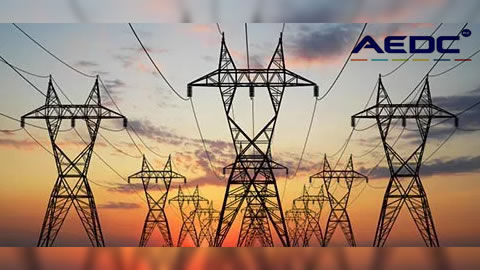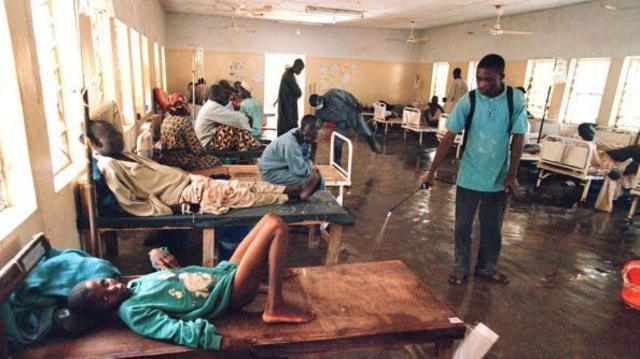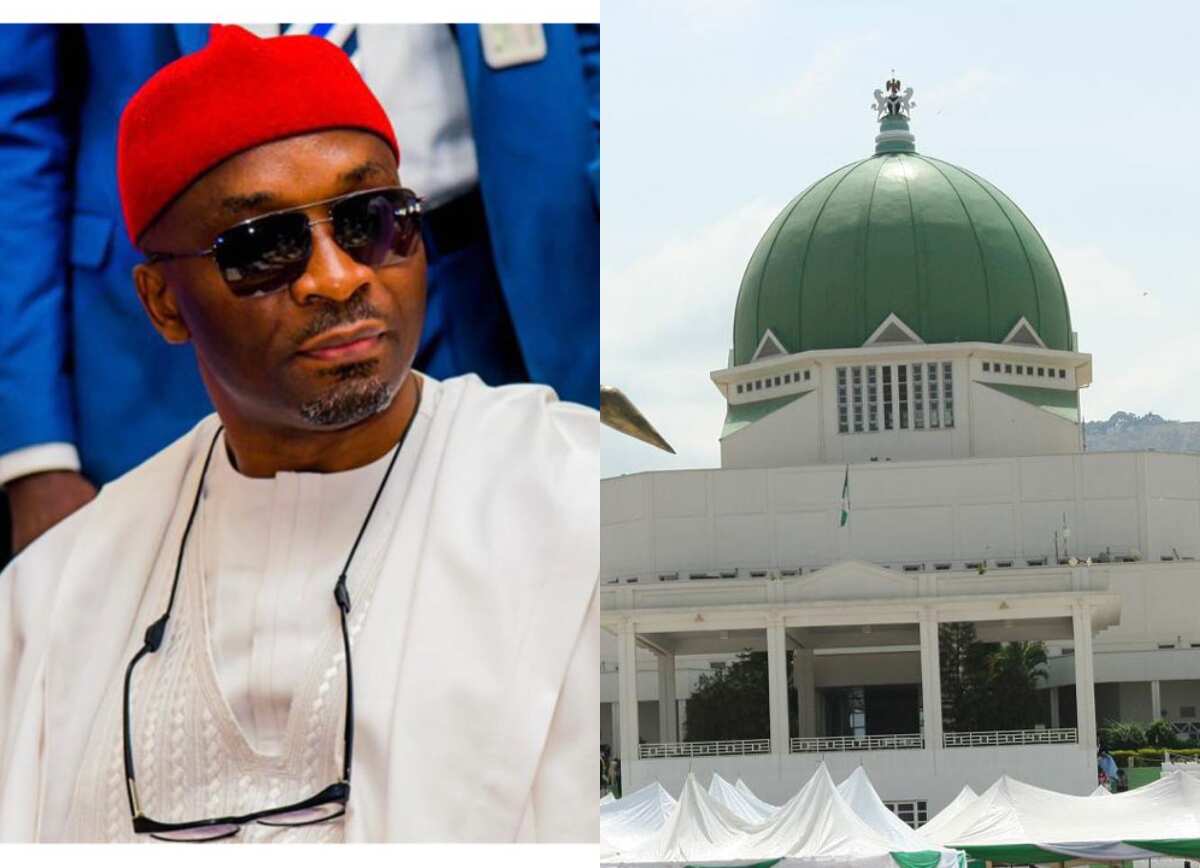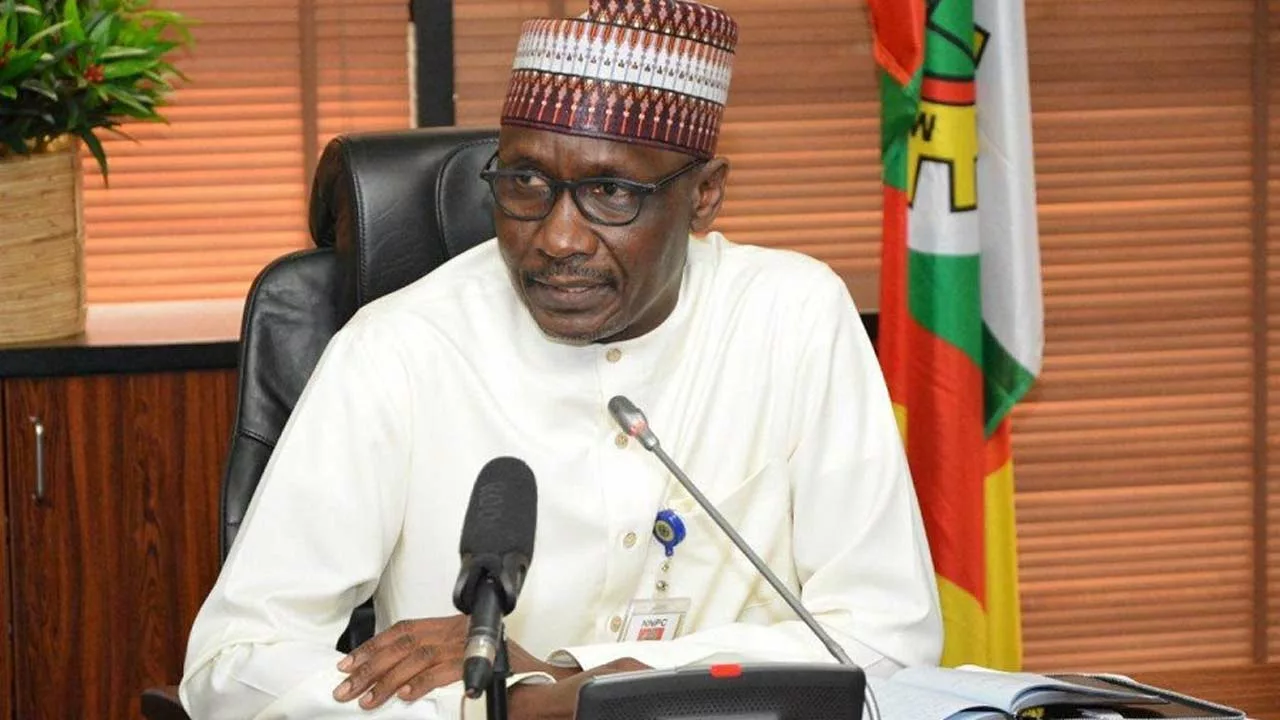Electricity consumers in Nigeria have continued to grow under the persistent increase in the electricity tariff and have called on the Federal Government and the Distribution Companies, DISCos, to reverse the price hike. Nigerians are agitated that with the current economic hardship, it was insensitive on the side of the government and DISCos to increase the price of electricity, saying due process was not followed when the tariff hike was implemented as contained in the Multi-Year Tariff Order.
Shortly after the declaration of a tariff hike by DISCos last week, it was greeted with wide condemnation by Nigerians, while industry regulators have kept mute.
It was learned that the DISCOs has secretly increased the power tariffs last week without consultation and the knowledge of power consumers subjecting Nigerians to untold hardship.
Some electricity consumers were lamenting how can a power company increase prices without the consent of its consumers describing the move as “a perfect robbery” amidst the harsh economic realities in Nigeria currently.
Confirming the price hike yesterday, the Abuja Electricity Distribution Company, AEDC, has disclosed that they did so on the order of the Nigerian Electricity Regulatory Agency Commission, NERC.
Replying to one consumer through its Twitter account, AEDC said, “Good day, please be informed that the increase in tariff is in compliance with NERC order,” the Disco stated.
Reacting to the development yesterday, the Chairman, of Nigeria Electricity Consumer Advocacy Network, Tomi Akingbogun, insisted that the tariff hike should be reversed considering the economic hardship across the country.
He insisted that “It is right for us to call for a reversal and we are demanding that it be reversed. However, this is not the first time they’ve done it. It has been a regular thing for several years and in those instances, we’ve called for reversals.
“But the next thing you will hear is that they have modified the law or have changed the Multi-Year Tariff Order to accommodate what they are doing. When we keep shouting they just ignore us, but I think the government needs to really take the public seriously.
Akinbogun called on Nigerians to stand up for their right before the DISCs push everyone to come on the street for protest, saying they have been persevering on the masses so that they are not pushed to point of no return.
He revealed that his office, NECAN has held a lot of meetings with power operators on why it was wrong at this material time to increase the tariff.
He noted that it was unjustifiable for a country that is paying N30,000 minimum wage to hike an electricity tariff, which is unrealistic, insisting that the hike must be reversed.
In his comment, a legal consultant and energy law advisor, Prof. Yemi Oke, explained that power tariff increases were meant to follow some laid down procedures, but stressed that this was neglected in the implementation of the recent hike.
He said, “Every increase in electricity tariff must follow a Multi-year Tariff Order. The year 2020 was the last order which speculated a bi-annual review to determine tariff increase.
“The MYTO- must be reviewed and specifically authorize tariff increase after following laid-down rules including wide consultations. All these have not been done.
“Even in my inaugural lecture, I captured this same anomaly in the previous tariff increases. This new one shows they’re determined to continue to take Nigerians for granted.”
Also, the President, of Nigeria Consumer Protection Network, Kunle Olubiyo, said the Federal Government had eventually withdrawn subsidy on electricity tariffs.
He explained that NERC had given the power distributors an open cheque to affect minor tariff reviews under the reflective tariff and service-based tariff schemes.
Olubiyo said that “It is on authority that I tell you that the Federal Government has finally withdrawn all manner of subsidies on electricity tariff for Band A category of consumers.”
He explained, “The Federal Government in the selection of Band A category of electricity consumers felt that those of us on Band A should be able to afford any amount placed on tariff for electricity. This is confirmed and instructive. There is no gain for any institution to deny this reality.
“Under the reflective tariff and service-based tariff, as a condition precedent to increase in electricity tariff, the NERC has seemingly given the 11 electricity distribution companies an open cheque to carry out periodically, minor tariff adjustments.
“This is not minding the place of regular engagement and consultation, which in the past had turned out to be a smoke screen and just to fulfill all righteousness.”
He added, “The major challenge before the regulatory institutions, as represented by NERC, is that the commission, more than ever before, needs to arise and wake up to its responsibility of effective monitoring of distribution licensees/electricity market, and further demonstrate the ability to be an incorruptible judge and impartial and fearless arbiter.”
Meanwhile, the 11 electricity distribution companies earned about N597bn on electricity sales within the space of 12 months, according to data obtained from the Nigerian Electricity Regulatory Commission.
The NERC data showed that revenue from energy sales by Disco was made between January and December 2022.
It was learned that the breakdown of the report, ‘Discos’ Energy Sales by Service Band Data for Nov 2020 to Sept 2022’, showed that N597bn was collected out of a total of N840bn billed by the utility firms.
A total of 16 billion kWh of electricity was billed by the 11 Discos during the year under review.
Although Abuja Disco billed N109bn worth of electricity, however, it was able to collect about N91bn.
On his part, the National President Electricity Consumers Association of Nigeria, Chijioke James, insisted that the interest of consumers must be considered as the government makes the second move in the privatization process.




















